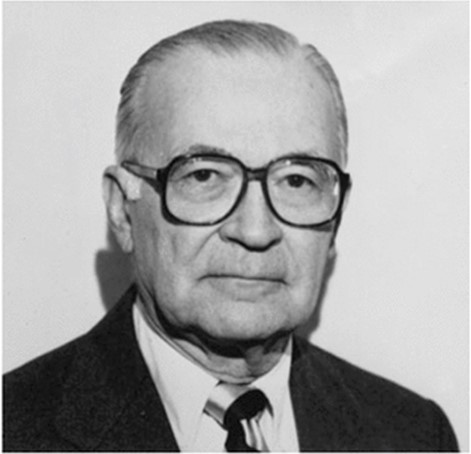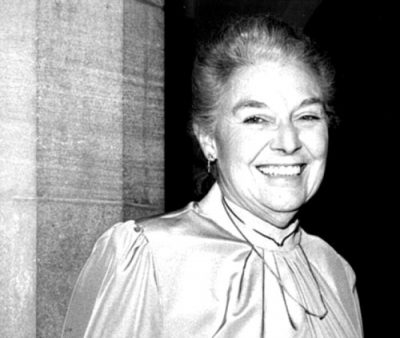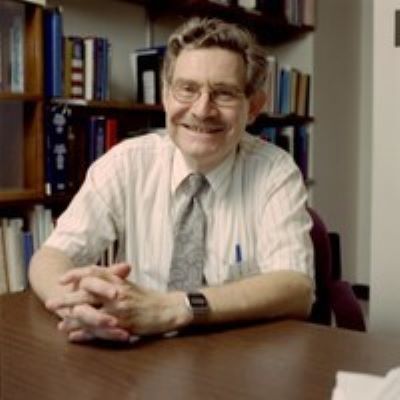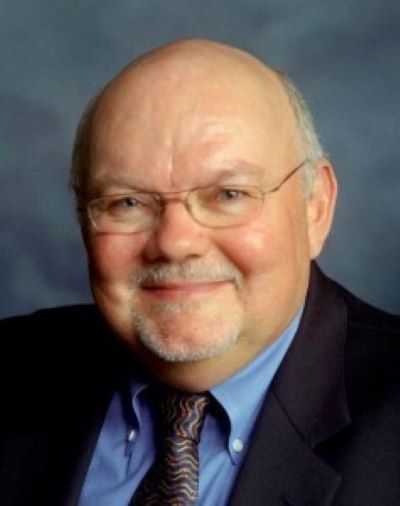DME is one of the first and longest continuously functioning departments of medical education in the world. Founded in 1959 by George Miller, MD, a seminal figure in the field and generally regarded as the father of the discipline, our mission is to improve patient care by advancing the theory and practice of health professions education. We achieve this mission through cutting-edge research in education and related disciplines; outstanding educational programs that develop global leaders and scholars; and expert collaboration, consultation, and service with the University of Illinois College of Medicine, UIC (Professional and Faculty Development), and other organizations (Consulting Services). DME continues to have significant local, statewide, national, and international influence and impact through its many and varied programmatic missions.
Our Mission Heading link
The mission of the DME is to advance the theory and practice of health professions education with the ultimate goal of improving the care of patients. We achieve this mission locally, nationally, and around the world, through cutting-edge research in education and related disciplines, through outstanding educational programs that develop leaders and scholars, and through expert collaboration, consultation, and service with the University of Illinois College of Medicine, the University of Illinois System, and other organizations.
Setting Standards in Medical Education for 60 years (1959-2019) Heading link
In 2019, DME celebrates our 60-year landmark. The Summer of 2019 marks our 20th year of our Master of Health Professions Education annual conference. DME is the oldest continuously operating department devoted to medical education. Advances made by our department over the past 60 years are reflected in curriculum and evaluation, instruction, assessment, medical humanities, clinical reasoning and decision making, and patient safety and leadership.
Directors and Department Heads Heading link
Directors and Department Heads
- George Miller, MD (1959–1976)
Founding Director, Center for Educational Development - Phillip Forman, MD (1976–1978)
Director, Center for Educational Development - Ronald W. Richard, PhD (1978–1988)
Director, Center for Educational Development and Head, Department of Medical Education - Lionel Bernstien, MD, PhD (1988–1990)
Head, Department of Medical Education - Abdul Sajid, EdD (1990–1992)
Head, Department of Medical Education
Directors and Department Heads
- Reed Williams, PhD (1992–1993)
Interim Head, Department of Medical Education - Leslie Sandlow, MD (1993–2011)
Head, Department of Medical Education - Ilene B. Harris, PhD (2011–2018)
Head, Department of Medical Education - Alan Schwartz, PhD (2018–2023)
Interim Head, Department of Medical Education - Yoon Soo Park, PhD (2023–)
Head, Department of Medical Education
Pages from the History of the UIC Department of Medical Education: Assessment of Physicians Heading link

George R. Miller, MD | Founder of the Department of Medical Education (1987-)
Formerly the Center for Educational Development (1970-87), and the Office of Research in Medical Education (1959-70)
“…no single assessment method can provide all the data required for judgment of anything so complex as the delivery of professional services by a successful physician. And so let me begin by suggesting a framework within which that assessment might occur.
Does – Shows How – Knows How – Knows.” (aka Miller’s Pyramid) (Miller, 1990)
Pages from the History of the UIC Department of Medical Education: Assessment of Physicians Heading link

Christine H. McGuire-Masserman, MA | Professor
“I sat down with Fellows from the Heart Association, and I said: When a patient comes in to see you and says, I hurt, what is the first thing you do?…. I tried to make them talk about what were the differences that led them to say one thing or the other, and out of that we made management problems.” (McGuire, in Harris & Simpson, 2005)
“[Patient Management Problems (PMPs), objective written simulations of clinical problem solving,] for over 25 years played a major role in certifying examinations not only in medical schools and specialty boards, but also in many other health professions.” (McGuire, 1995)
Pages from the History of the UIC Department of Medical Education: Assessment of Physicians Heading link

Arthur S. Elstein, PhD | Professor Emeritus
“… the single most critical factor […] is the phenomenon of case specificity of performance. […] The performance of individual physicians varies considerably from case to case. Thus it is difficult to speak of good physicians without specifying the domain of problems for which they are good. […] The differences between experts and weaker problem solvers are more to be found in the repertory of their experiences, organized in long-term memory, than in differences in the planning and problem-solving heuristics employed.” (Elstein, Shulman & Sprafka, 1978)
Pages from the History of the UIC Department of Medical Education: Assessment of Physicians Heading link

Georges Bordage, MD, MSc, PhD | Professor Emeritus
“Measurement of competence might be more valid if each problem focused on a few specific and highly relevant elements critical to the resolution of the problem: its key features. Scoring criteria could then be defined which reflect performance on only this limited number of key features. […] The best estimates of the number of problems required come from analyses of PMP examinations….” (Bordage & Page, 1987)
“How specific is case specificity? The main source of error variance was items [questions] within cases, not cases, and the optimal strategy in terms of enhancing reliability would use cases with 2–3 items [key features] per case.” (Norman, Bordage, Page & Keane, 2006)
References Heading link
References:
- Miller GE. The assessment of clinical skills/competence/performance. Academic Medicine. 1990 Sep 1; 65(9):S63–7.
- Harris IB, Simpson D. Christine McGuire: At the heart of the maverick measurement maven. Advances in Health Sciences Education. 2005 Mar 1; 10(1):65–80.
- McGuire CH. Reflections of a maverick measurement maven. JAMA. 1995 Sep 6; 274(9):735–40.
- Elstein AS, Shulman LS, Sprafka SA. Medical Problem Solving: An Analysis of Clinical Reasoning. Cambridge, Massachusetts: Harvard University Press, 1978.
- Bordage G, Page G. An alternative approach to PMPs: The “Key Features” Concept. In Hart IR, Harden RM (Eds.), Further Developments in Assessing Clinical Competence. Montreal: Can-Heal Publications 1987; 57–75.
- Norman G, Bordage G, Page G, Keane D. How specific is case specificity? Medical Education. 2006 Jul; 40(7):618–23.